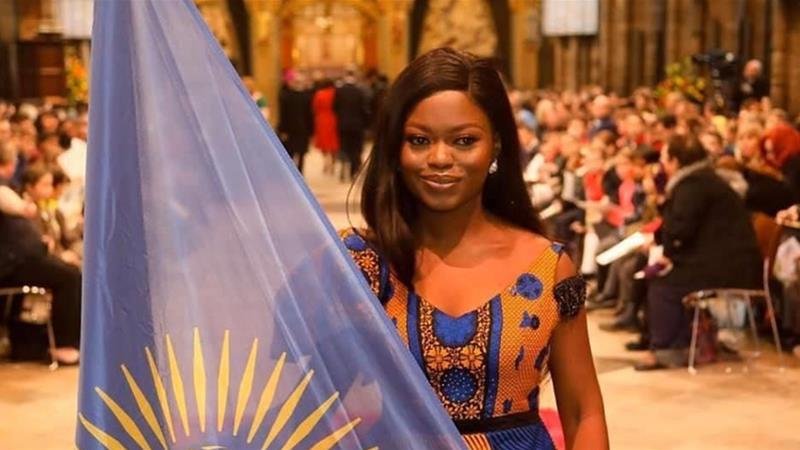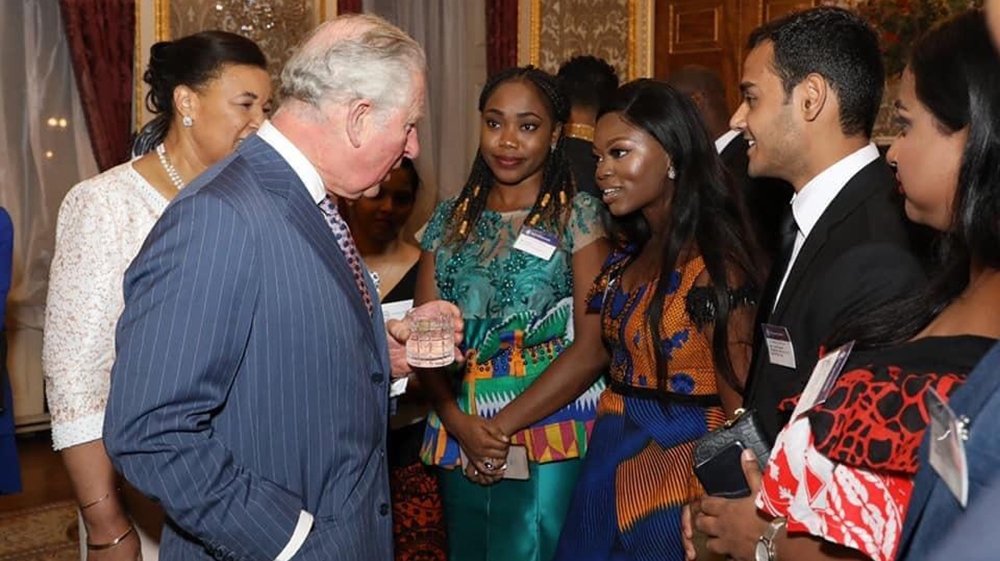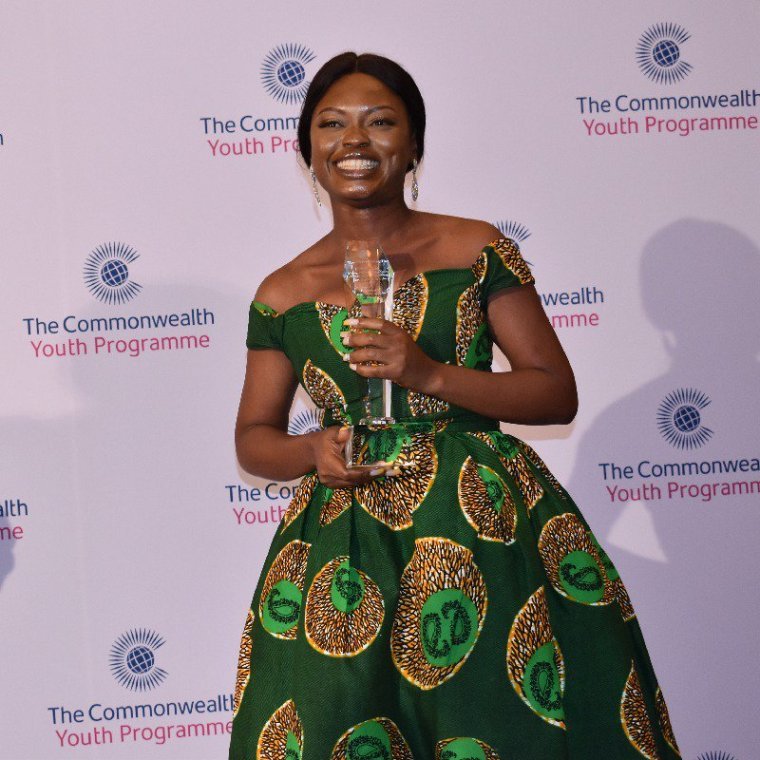The survivors of the novel coronavirus are increasing in Nigeria, spiking hope and believe that the country can make it out of this crisis well. for the first time, the number of active cases in Nigeria reduced by 10 patients, after it was reported yesterday that fifteen patients were released with only five new cases, spiking hope in all Nigerians.

In this article, we bring you a story of hope and survival from one of the coronavirus survivors from the Lagos state isolation centre. In an interview with Aljazeera, Oluwaseun Ayodeji Osowobi shared her story battling with the coronavirus with the world.
The survivor, Osowobi is the founder and executive director of “Stand to End Rape”, an initiative focused on advocating against sexual violence, and also helping rape survivors, herself being a rape survivor also.
She is also Commonwealth young person of 2019. She was in an event which had Britain’s Prince Charles who had also tested positive for coronavirus.

Survivor Interview
Al Jazeera: How does it feel having recovered from the new coronavirus disease (COVID-19)?
Osowobi: It feels great to have survived COVID-19. If you see the data of people who have passed away due to the virus, they are alarming. I’m really grateful to be alive but also grateful for the experience as I am able to share with people that COVID-19 is not a hoax like many people may believe in Nigeria.
Al Jazeera: What symptoms did you have when you fell ill? How did it feel?
Osowobi: I had high fever, was coughing heavily and had loss of appetite. I had a lot of symptoms on the COVID-19 list so I knew I had to get tested just to be sure of what the situation was because I was feeling really sick and wasn’t getting better.
The virus kicked my system. It made me very weak. I was dizzy every second, I was throwing up. I lost my sense of taste but my sense of smell heightened so I could smell everything like water, food, even soaps. Everything was just disgusting to me. It was a very tough period, a very tough moment for me but I am happy I beat it.It was an experience I don’t wish anyone to have.
Al Jazeera: What was running through your mind when you found out that your test was positive?
Osowobi: The first thing that came to my mind was, “Am I going to die?” I feared that am I going to be one of the people to be counted as dead. I was asking myself, “Is Nigeria ready to handle the situation? Is Lagos state capable to handle the situation as of now?”I was just very scared.
Al Jazeera: What was the experience with the doctors and nurses at the treatment centre?
Osowobi: It was good. Despite a very shaky start, we were able to build a relationship as things went by. I was also able to see how much they were trying their best to provide top-notch service to everyone at the centre, including myself. I had one doctor’s number, so I would text him to tell him of my symptoms or call him if I was feeling a certain way.When I was still vomiting, I would text him to say, “Help me, I don’t want to die.” Some of the nurses would come in and encourage me, say a word of prayer with me.
Al Jazeera: What kind of treatment were you given?
Osowobi: I was given a couple of medications to handle COVID-19 and also to handle the side effects of the medications. There was even a time the medication for my vomiting wasn’t working, so I had to be given injections to suppress the desire to vomit. I had to make a conscious decision not to vomit because I needed to retain the medicine inside my system. But the virus was throwing everything out. It was a battle I won at the end.
Al Jazeera: When did the things change?
Osowobi: I re-examined my survival chances when I started getting better by the day. The vomiting had stopped, the stooling had stopped, the dizziness was gradually getting less effective – so it was an indication I was getting well. I was really excited. It renewed my hope of surviving this.They were checking my temperature in the morning, afternoon and at night – and it was getting better. My blood pressure was getting better. My pulse was getting better. I got my sense of taste back. So, I began to re-evaluate my chances of survival that yes, I could beat this.
Al Jazeera: What message do you want to send to people who have not yet contracted the virus?
Osowobi: Please wash your hands, sanitise and, importantly, self-isolate.I can tell you from a first-account experience that you should self-isolate; just stay at home as much as possible, practice social distancing so that you are not infecting other people should you have the virus and not even know it.All the social gatherings are not really important. What’s important is your health and your body’s capacity to fight any infection or virus. For your body to fight the virus, you also need to equip it with the right diet and the right medication.
Al Jazeera: What do you intend to do with the experience gained following your recovery?
Osowobi: I hope to keep advocating for the end of stigmatisation because I’ve realised there is still a sort of stigma attached to the issue.So I hope to use my platform to help to demystify myths around COVID-19 and those who test positive so that we can collectively as a global space support those who are fighting to live.”
Her story as a survivor can only give hope to others who are presently battling with this coronavirus, hoping that they too would become survivors in the near future. Oluwaseun is a serial survivor and Nigerians would likewise be survivors and draw inspiration from her.

